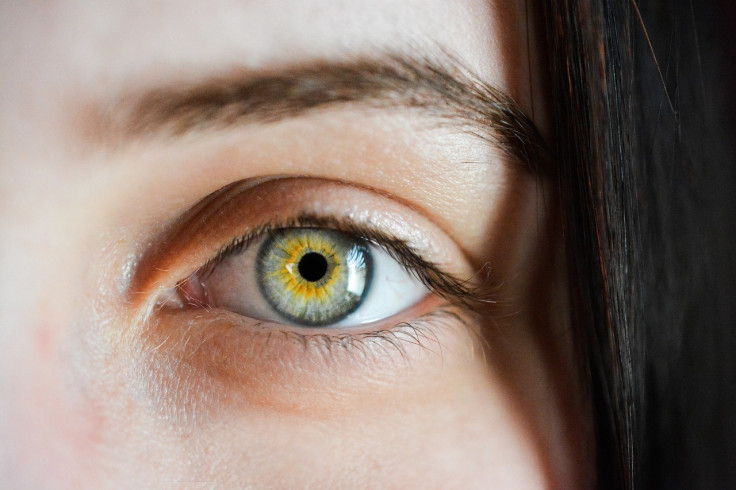How Much You Pay Attention To Faces May Be Associated With Your Personality Traits: Study
KEY POINTS
- Humans have a tendency to gravitate toward faces in images
- The researchers looked into whether people's face preference indicates their personality
- They found that those who scored high in traits like social anxiety focused on faces less
How much do you tend to focus on people's faces? This may have something to do with your personality and psychopathology, a new study has found.
For their study, which was published Wednesday in PLOS (Public Library of Science) ONE, researchers looked at whether attention to people's faces may be associated with certain psychological traits.
Humans tend to gravitate toward faces in images, they explained. However, previous research on whether a "stronger face preference" may be indicative of people's personalities or characteristics has remained "inconclusive."
To find out, the researchers conducted a study with 120 participants, most of whom were university students. The participants looked at 20 images of people in busy environments. A face was depicted in each photo, with some facing directly at the camera and the others looking elsewhere.
However, the photos were quite blurry and would only clarify "within a 20-pixel radius around the cursor" that the participants could move, PLOS noted in a release.
The participants were assessed for various factors of their psychopathology including rejection sensitivity, social anxiety and depression levels. They were also assessed for the "Big Five" personality traits — extraversion, agreeableness, conscientiousness, neuroticism and openness to experience.
The researchers found that "across all images," stronger attention to faces was associated with openness to experience, extraversion, agreeableness and empathizing. On the other hand, those who had higher scores in social anxiety, depression and alexithymia — the difficulty to express or identify emotions — focused on faces less, PLOS noted.
"Pictures of human faces attract most people's attention, but the phenomenon is weaker in people with higher levels of social anxiety, depression and other forms of psychopathology," the researchers said, as per PLOS.
Overall, it appears that people's attention to faces may be telling of their personality and psychopathology.
It's possible that factors such as lighting conditions and background objects may have affected the participants' differences in face preferences, the researchers noted, adding that the participants only spent 17% of the time attending to the faces. As such, they suggest that future studies look at whether rich environments tend to draw people's attention away from faces, and if this has anything to do with psychological traits.

© Copyright IBTimes 2024. All rights reserved.






















